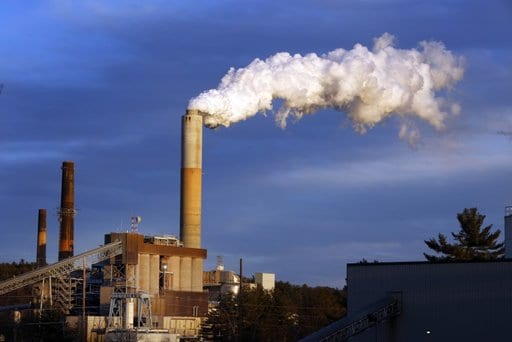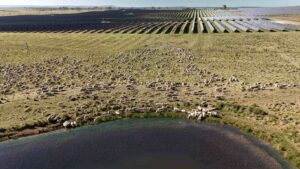
For the Republican Party, internet porn is a “public health crisis.” Coal, however, is perfectly “clean.”
That’s at least according to the party’s official draft platform, which is being crafted ahead of the Republican National Convention in Cleveland, Ohio. On Monday, the GOP’s platform committee unanimously voted to declare coal “an abundant, clean, affordable, reliable domestic energy resource.”
Environmentalists reacted swiftly to the decision, essentially calling Republicans delusional.
“In the absurd, alternative reality in which this Republican platform is being drafted, unicorns exist, the moon is made of cheese, and coal is somehow clean,” Sierra Club’s Global Climate Policy Director John Coequyt said in a statement to ThinkProgress.
“Reading it and taking it seriously is the same thing as reading a Harry Potter book, grabbing a broom, and heading to your roof — both entail losing touch with basic science and common sense, and will result in avoidable catastrophe.”
The word “clean” was not initially included in the Republican platform committee’s coal statement. It was added by David Barton, an RNC delegate from Texas. Barton is the former vice chair of the Republican Party of Texas and an evangelical leader, popular for his claims that the U.S. Constitution is a biblical document.
According to Grist’s Rebecca Leber, the RNC’s language on coal “just happens to reflect the same talking points favored by the lobby group, American Coalition for Clean Coal Electricity (ACCCE), which on its website calls coal ‘an affordable, abundant and increasingly clean domestic energy resource that is vital to providing reliable low-cost electricity.’” The RNC’s language on coal mimicked that language, “give or take a few words,” Leber reported.
Barton also reportedly suggested adding the word “clean” to the Republican party’s platform language “because of the technology we have now.” It’s unclear what technology he’s referring to, though he could be talking about carbon capture and storage, a method of gobbling up carbon dioxide emissions from coal plants before they enter the atmosphere and storing the emissions underground. The vast majority of coal plants in the United States, however, do not use this technology, and so far it has not proven economically feasible.
Barton also could be referring to other pollution controls coal plants have been required to implement due to Environmental Protection Agency regulations, which require plants to reduce emissions of mercury, arsenic, chromium, and other toxic heavy metals. America’s air quality has improved partially because of these regulations and subsequent controls, but coal plants still represent the largest source of mercury air emissions in the country. A recent study found that the EPA’s pollution-cutting carbon rule would yield $38 billion in economic benefits, largely from health benefits, and save 3,500 lives per year. Coal currently makes up about 33 percent of U.S. electricity generation.
In addition, the disposal of coal ash — the waste leftover from burning coal — is causing pollution problems across the country.
Coal is also America’s largest source of carbon dioxide emissions, which cause climate change. Climate change causes rising average temperatures, which worsen existing air pollution by increasing ground level ozone, the main component of smog.
Barton, however, has never indicated that he accepts the scientific consensus that carbon emissions cause harmful climate change. In fact, Barton once suggested the phenomenon is instead caused by abortion.
Source: Climate Progress. Reproduced with permission.






